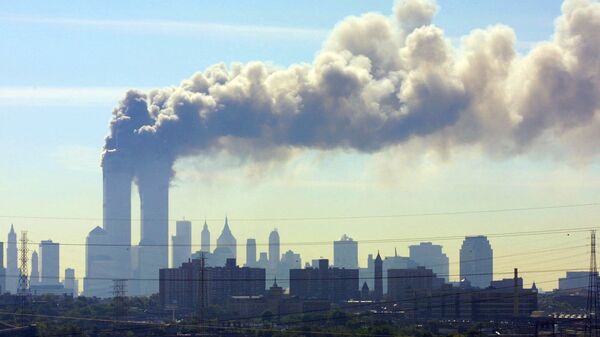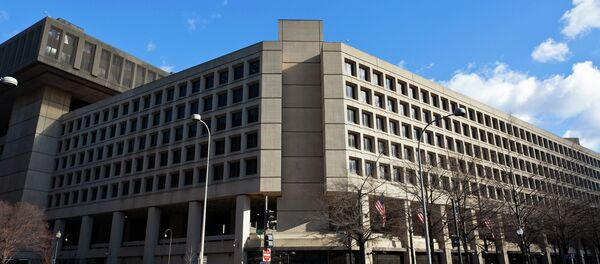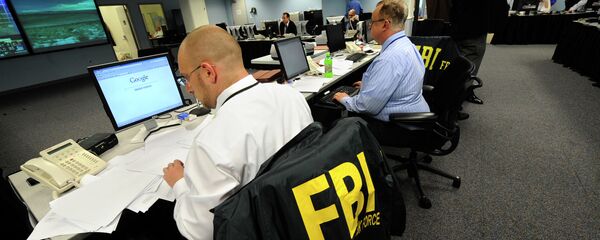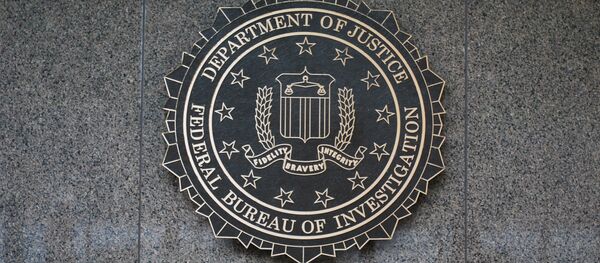Just days after the Sept. 11, 2001 attacks, the FBI began to look into a Saudi family residing in Florida who had fled precipitously — abandoning their luxury home, cars, and valuables — just days before the attacks.
However, after years of investigation and an initial agent's report citing the family's “many connections” to “individuals associated with the terrorist attacks on 9/11/2001,” the new 128-page report from The 9/11 Review Commission dismisses the initial investigation as a dead-end without thorough explanation, the New York Post reports.
The Review Commission was tasked with assessing the FBI's performance since the original investigation and to examine “any evidence now known to the FBI that was not considered by the 9/11 Commission.” The panel consisted of three members, appointed by FBI Director James Comey.
Abdulaziz and Anoud al-Hijji were living in a house belonging to Anoud's father — Esam Ghazzawi — a nephew of then-King Fahd. Just two weeks before the 9/11 attacks, and after six years in the Sarasota, Fla. home, the couple fled to Saudi Arabia, notifying no one and leaving behind almost all their belongings.
Neighbors noticed the coincidence and alerted federal agents, who found that at least one of the family members had attended the same flight school in Venice, Fla. as some of the 9/11 hijackers. There were also reports of visitor logs and photos showing that the hijackers had visited the gated community where the al-Hijji's lived.
But the Florida investigation - active for years — was never shared with Congress or included in the 9/11 Commission Report.
Local journalists at the Florida Bulldog first published a story about the 2002 agent report in April of 2013, after receiving the document as part of a still-ongoing Freedom of Information Act request.
“The FBI told the Review Commission that the communication was ‘poorly written’ and wholly unsubstantiated," the review panel says of the original 2002 agent report on the Saudi connections. “When questioned later by others in the FBI, the special agent who wrote (it) was unable to provide any basis for the contents of the document or explain why he wrote it as he did.”
— Florida Bulldog (@Florida_Bulldog) March 26, 2015
FBI Agent "Just Made Stuff Up?"
For local journalists, this has raised more questions than it has answered.
“The report provides no plausible explanation for the contradiction between the FBI’s current claim that it found nothing and its 2002 memo finding ‘many connections’ between the Sarasota family and the 9/11 terrorists,” says Thomas Julin, the Bulldog's attorney, in that outlet's published response to the Review Commission report.
— Florida Bulldog (@Florida_Bulldog) April 11, 2015
The Sarasota Herald Tribune also questioned the "FBI's suspicious behavior".
"We are not inclined to believe in, or write about, wild conspiracy theories," the paper wrote in an editorial, before describing a history of obstruction on the part of federal authorities.
The editors said they could accept the latest report "if the FBI had not repeatedly tried to prevent judicial, media and public review of key documents involving the family and its departure two weeks before 9/11."
They also pressed the lack of an explanation for the origins of the agent's dismissed report.
"So, the unnamed agent — working locally on one of the worst crimes committed on American soil — just made stuff up?" the editors asked. "Or the agent accepted unsubstantiated information and put it in official communications?"
The agent in question has never been named.
Paul Wysopal, a special agent in charge of the FBI's Tampa field office, responded in a guest column in the Herald-Tribune, maintaining that the original report was simply a single bad lead.
"While it is unfortunate that unsubstantiated conclusions regarding the Sarasota family were included in one document, this information was thoroughly investigated and determined to be unfounded," Wysopal wrote.
He also said that the local media coverage based on that document "represents the inherent danger of relying on raw Freedom of Information Act documents to assert the knowledge of the totality of information known to investigators."
Former Senator To Push for Transparency
Bob Graham, the former Democratic Senator who, in 2002, chaired the joint congressional inquiry into the attacks, insists the FBI is suppressing evidence of Saudi Arabian support for the 9/11 hijackers. He has stated that the FBI withheld from his inquiry any information on the Sarasota family, which directly contradicts the FBI's claims that all information was released to the Inquiry and the 9/11 Commission.
He has been working with a group of other congress members to pressure the government to release 28 pages of the original report that were redacted in their entirety by President George W. Bush.
— Luke Rudkowski (@Lukewearechange) March 31, 2015
"The 28 pages primarily relate to who financed 9/11, and they point a very strong finger at Saudi Arabia as being the principal financier," he told the New York Post, clarifying that he meant the "kingdom" or government itself, not just wealthy Saudi nationals providing financing individually.
A federal judge is currently reviewing 80,000 documents relating to the Florida investigation to decide what to reveal in the ongoing processing of the FOIA request. Those documents could include the visitor logs or photos linking 9/11 hijackers to the al-Hijji's, Graham told the New York Times.
"That will be a real smoking gun."
— 28Pages.org (@28Pages) March 25, 2015





